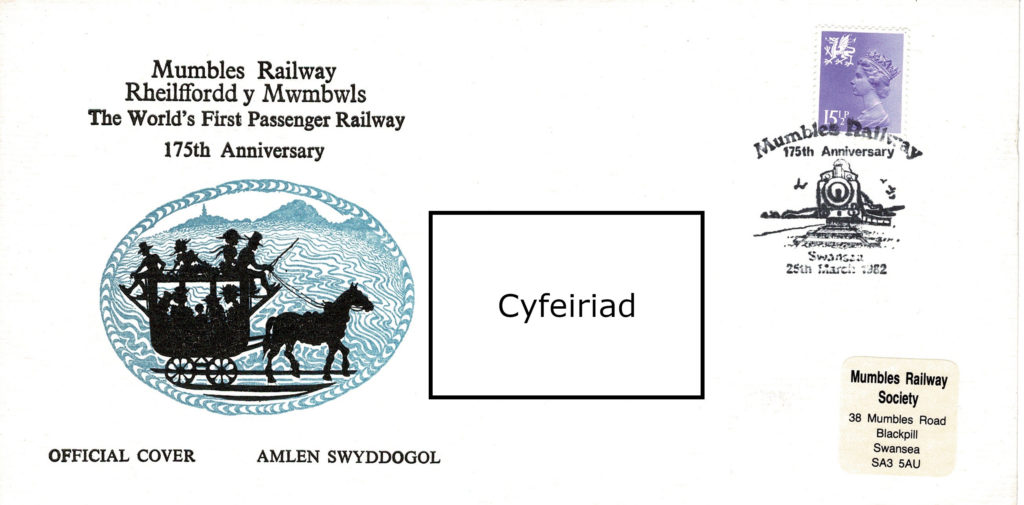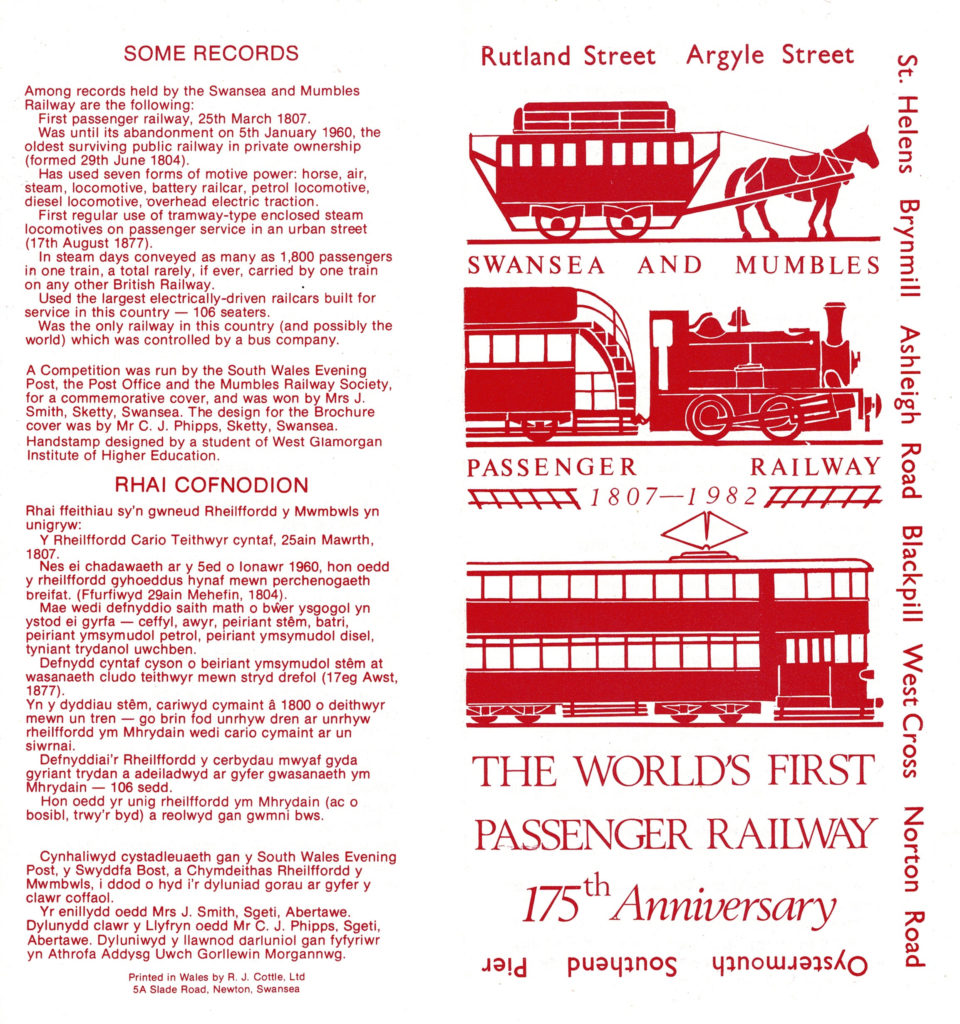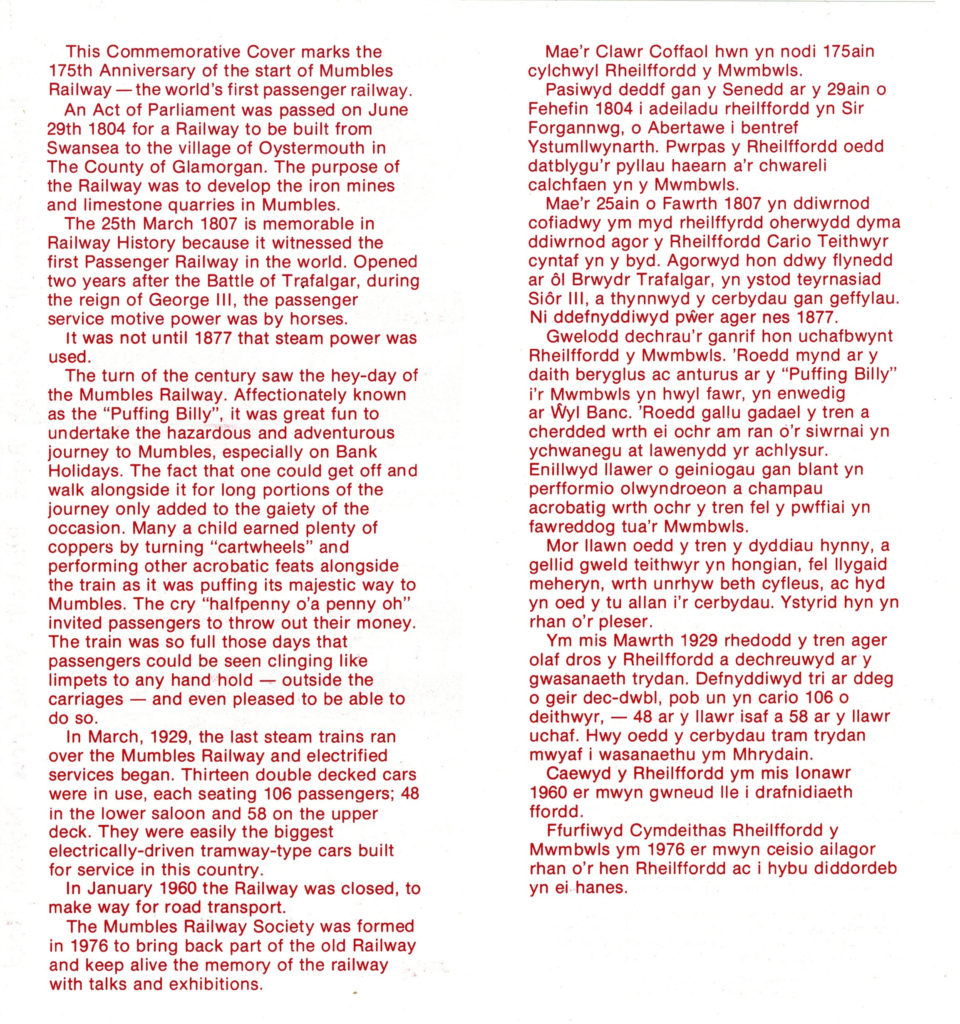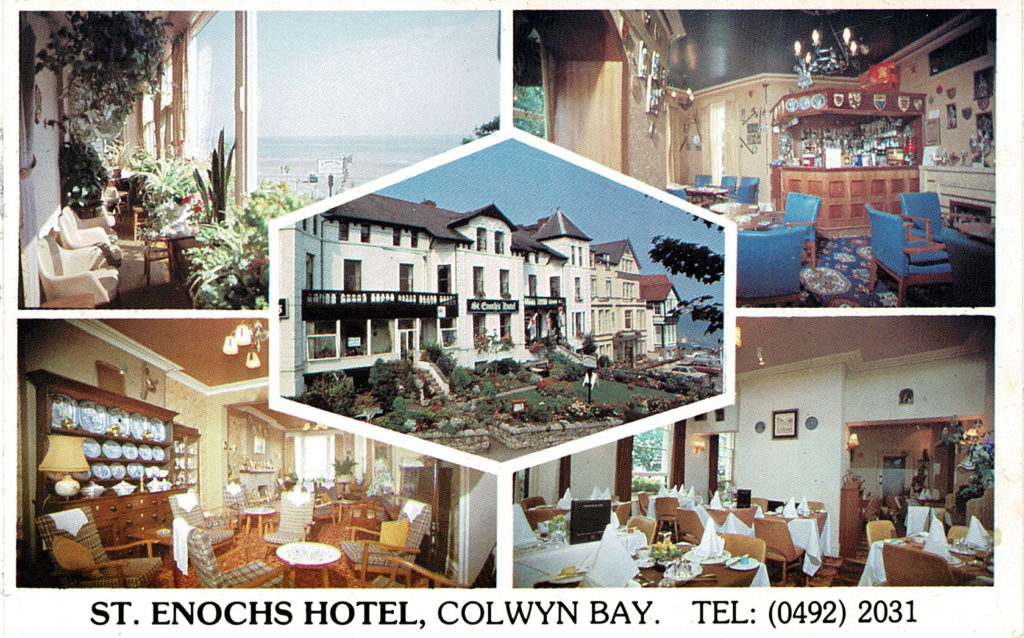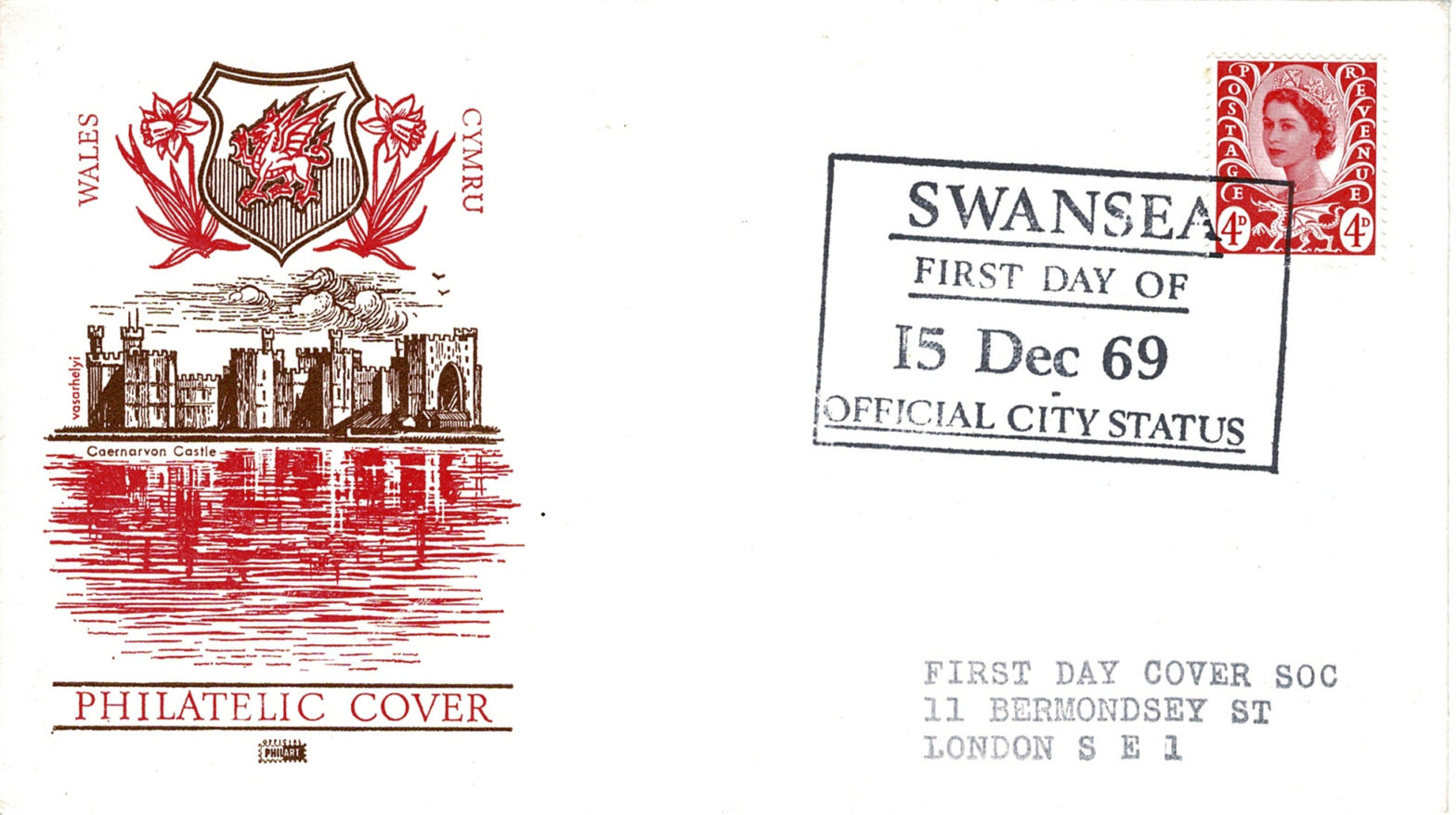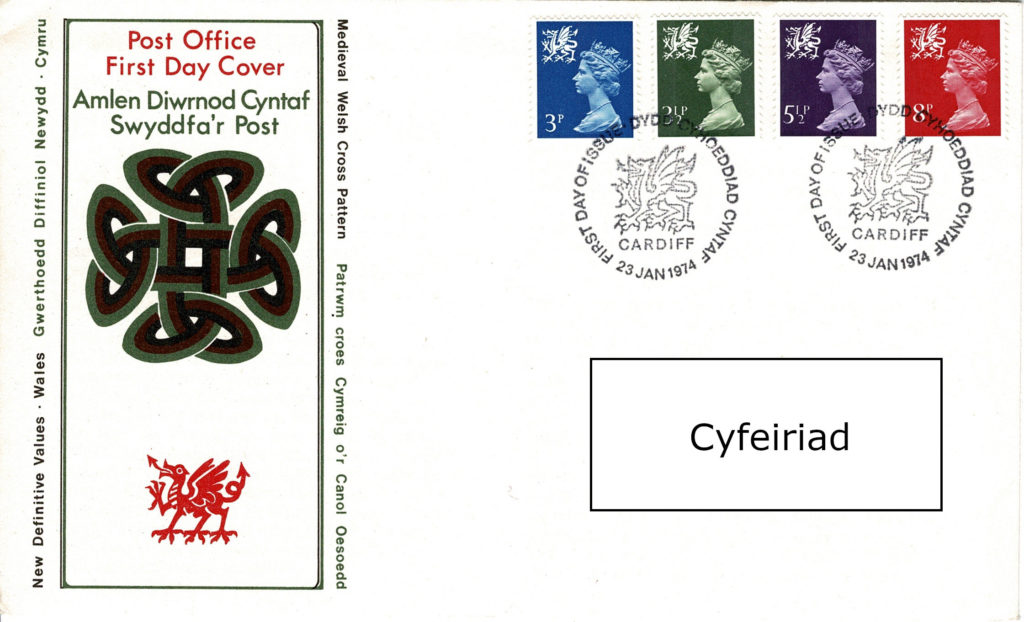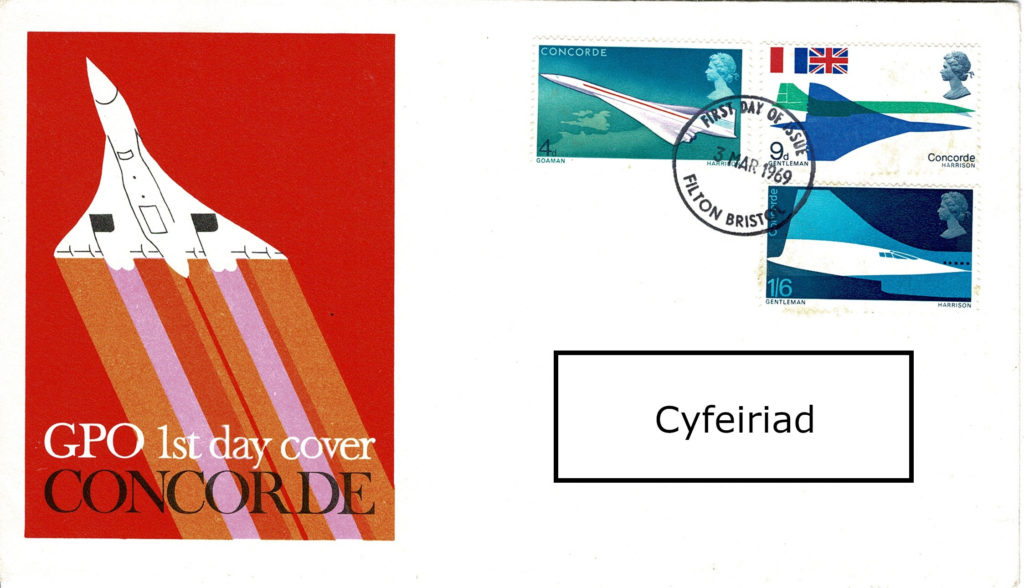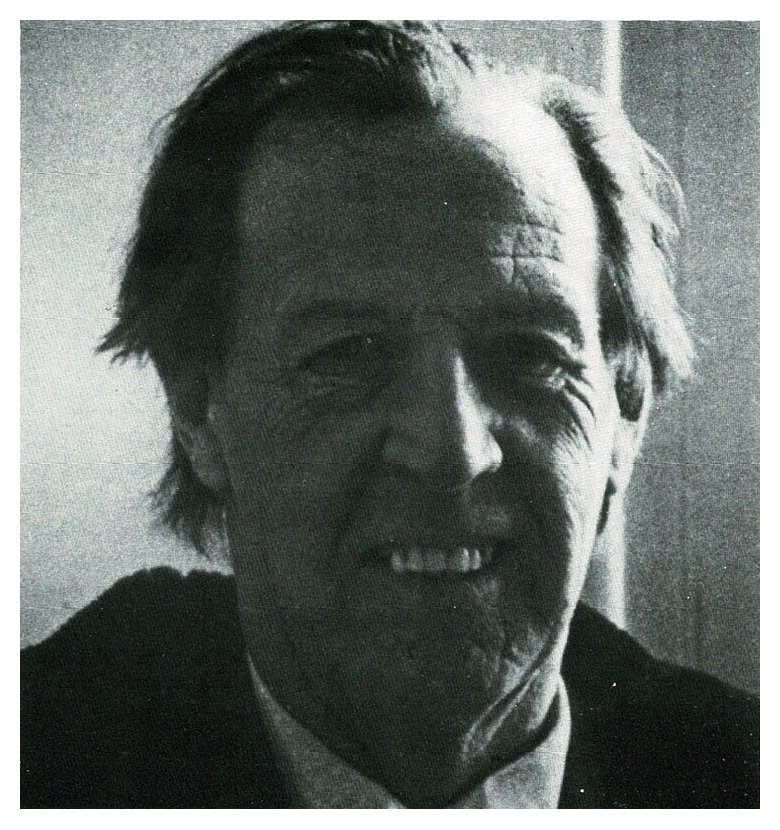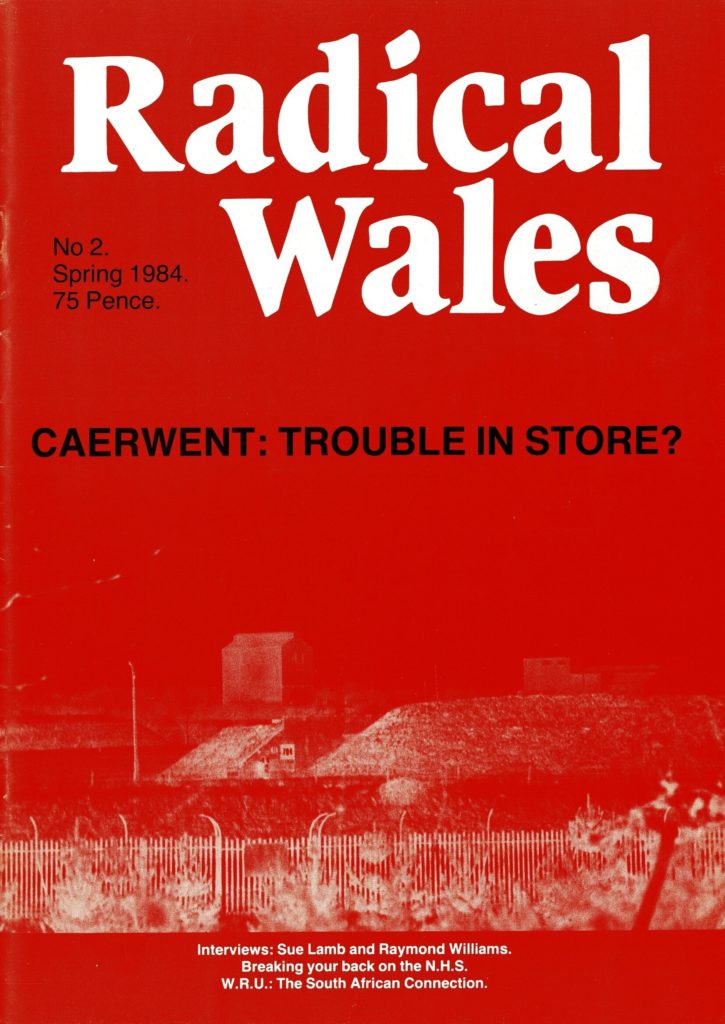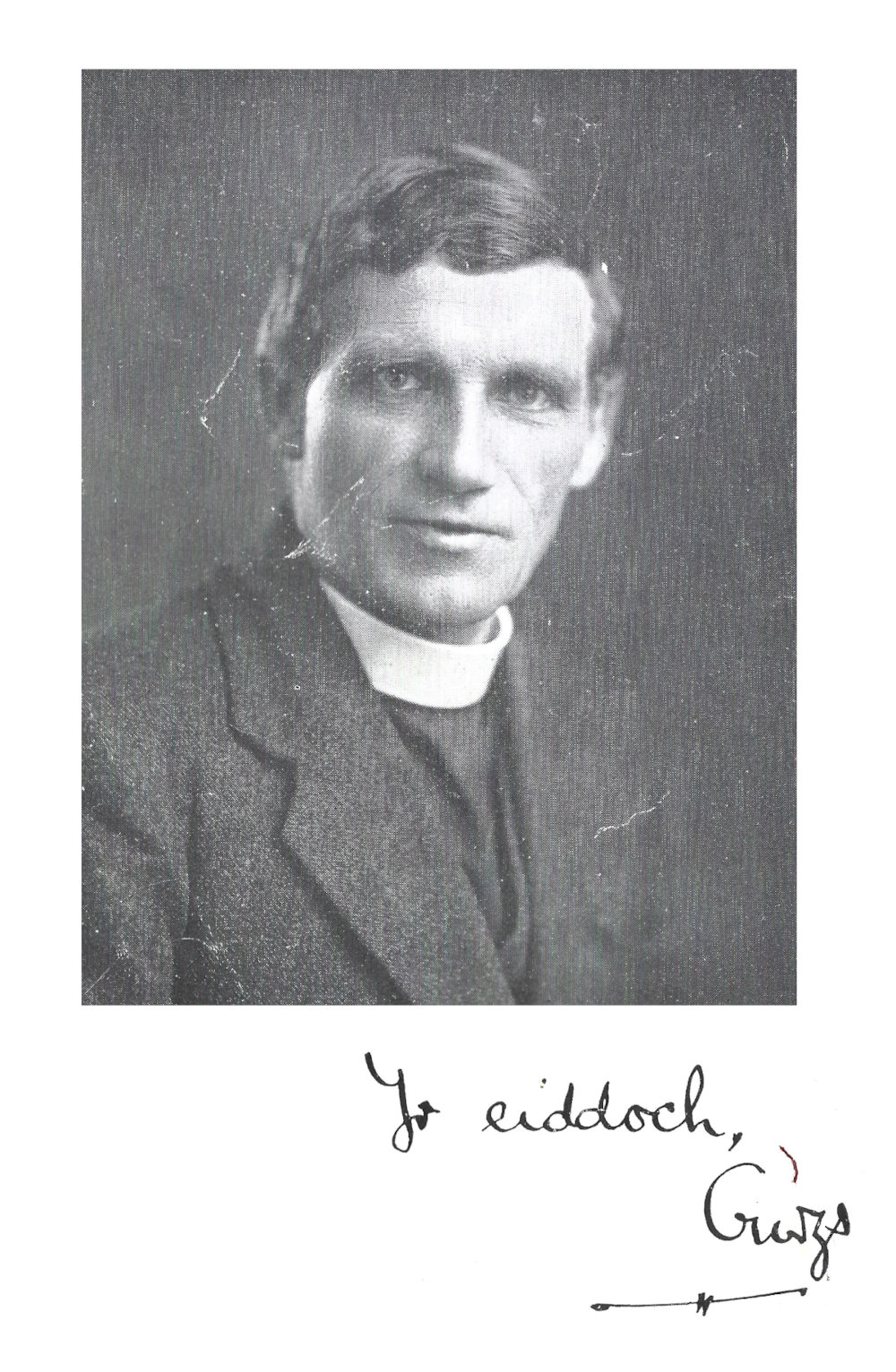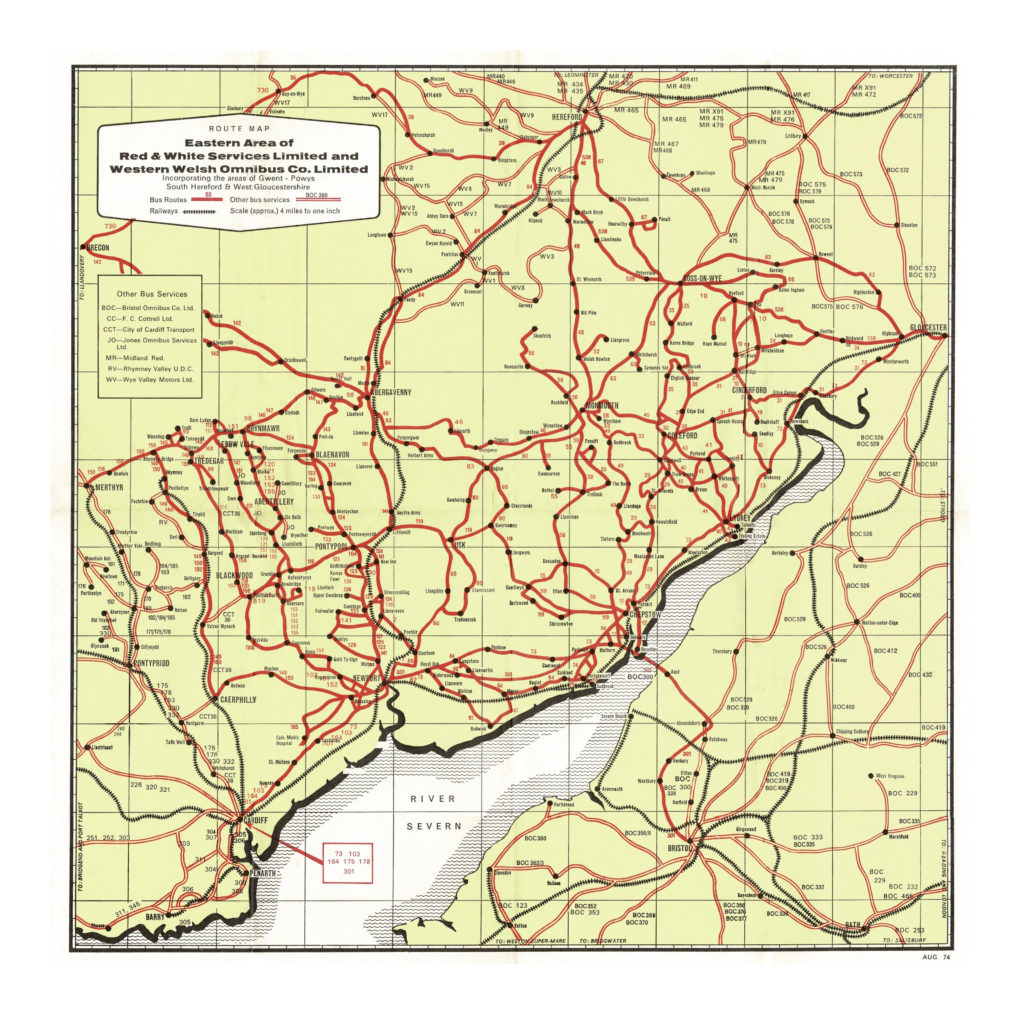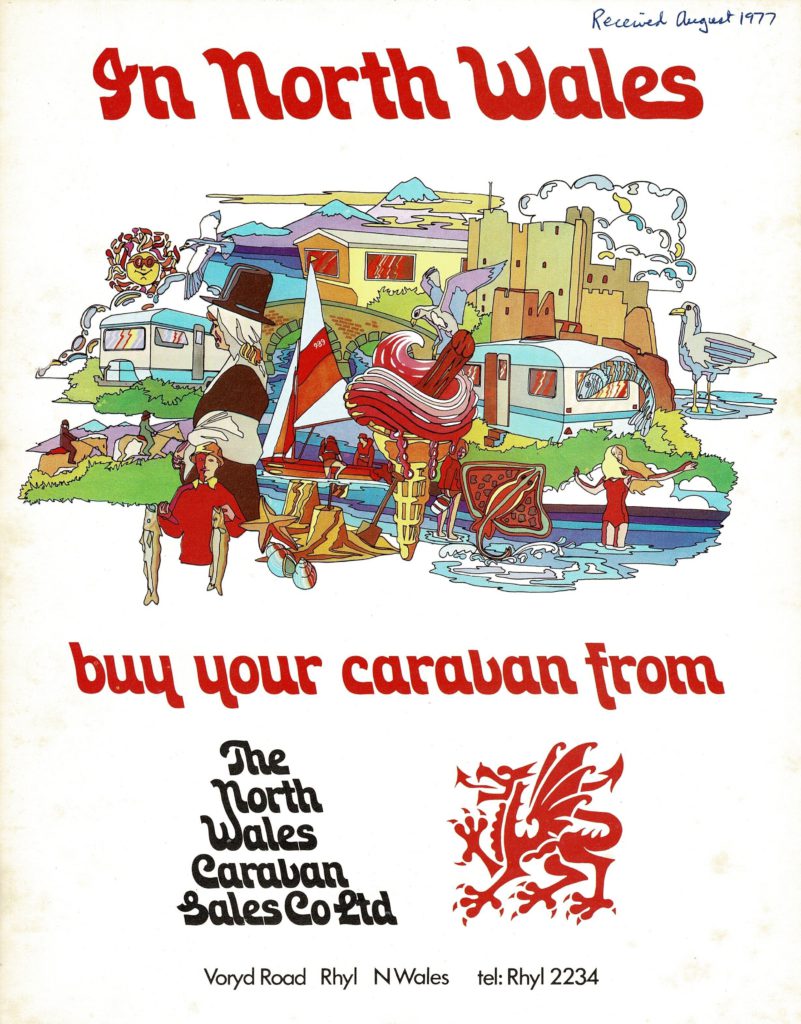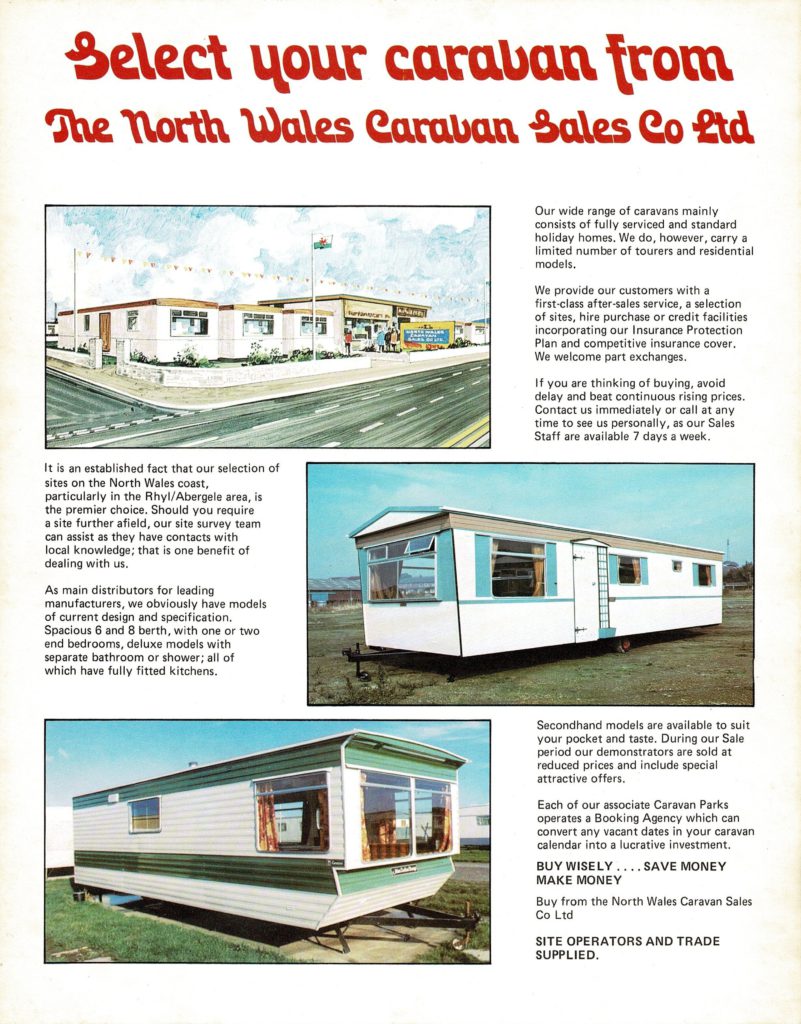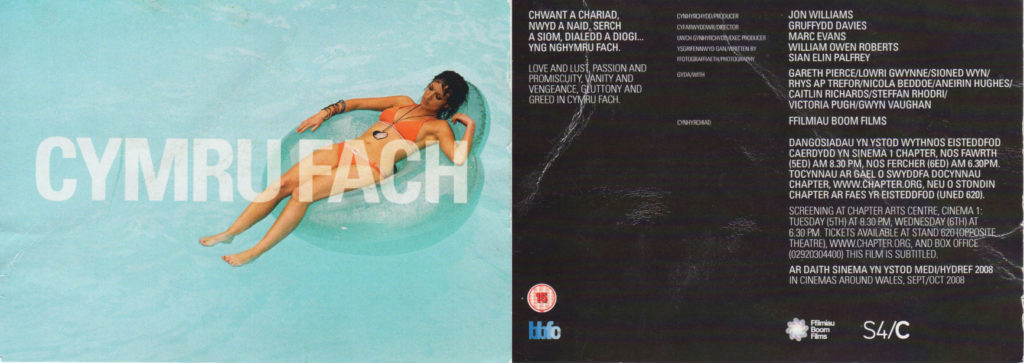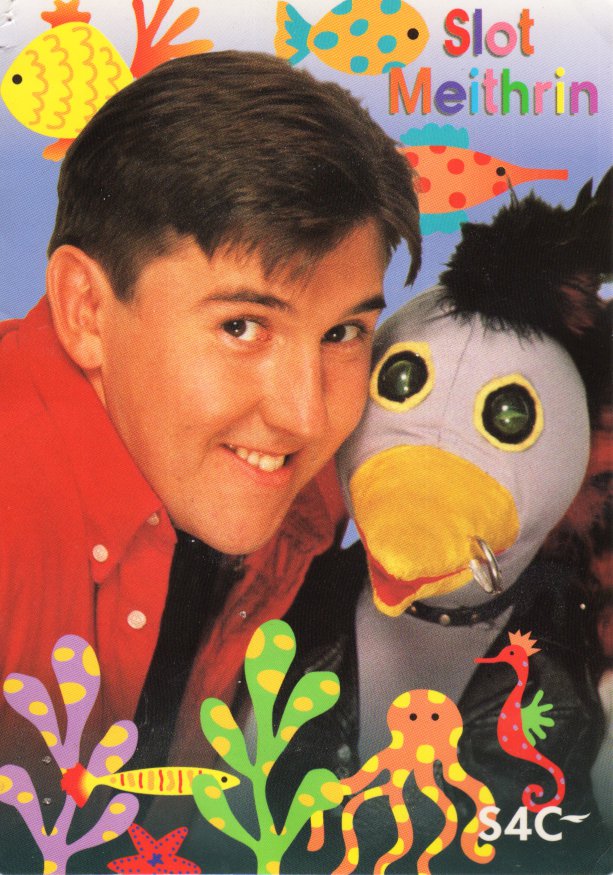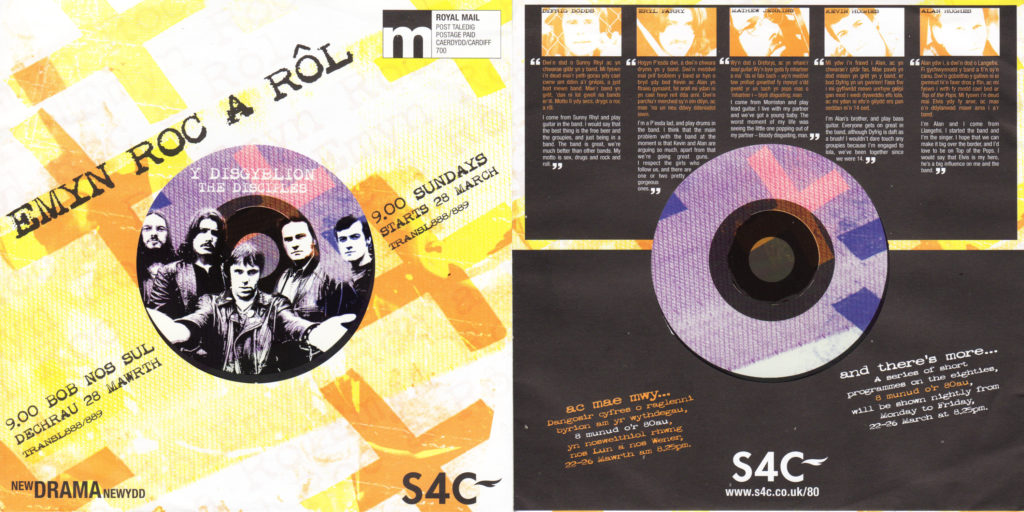Gan mai o’r 80au mae’r gyfres yn bennaf, mae llawer o enwau cyfarwydd, gyda chymeriadau fel Gwyn Alf Williams yn chwarae rhan allweddol (cyflwynydd The Dragon has two tongues) yn cyfweld ac ysgrifennu sawl erthygl. Un a gafodd ei gyfweld gan Phil Cooke oedd Raymond Williams, ysgolhaig sosialaidd Cymreig, sydd wedi derbyn sylw cynyddol yn y blynyddoedd diweddar. Dyma gyhoeddiad o sgwrs rhwng Radical Wales a Raymond Williams o’r ail rifyn, Gwanwyn 1984. Yr oeddwn yn meddwl byddai rhai â diddordeb yn ei weld.
Nationalisms and Popular Socialism
Phil Cooke talks to Raymond Williams.
The defeat of the Left in the 1983 General Election left many socialists depressed and deeply concerned about the prospects of achieving socialism in the foreseeable future. Yet, shortly after that defeat an antidote was provided by Raymond Williams’ “Towards 2000”, a radical critique of conventional British socialist recipes and a vision of an alternative decentralist socialism substantially influenced by contemporary thinking in Plaid Cymru. In this interview Raymond Williams argues for the transformation of socialist politics in ways which can only strengthen the intellectual force of the nationalist argument.
Quite often in your recent writing the questions of nationality, national movements and so on, have figured prominently. Does this mean that for you national movements are essentially progressive forces?
It is important to make a distinction about nationalism in the context of the unitary British state. There are two kinds of nationalism. There is that nationalism which reinforces the idea of the traditional Nation State. This nationalism has been given added impetus under the Thatcher governments as we saw at the time of the Falklands/Malvinas episode. But this kind of nationalism is also shared by the Labour party, as was so vividly revealed by their support for the British intervention in the South Atlantic.
The other kind of nationalism is that which questions the whole basis of the unitary British state. I think that the first kind of nationalism is reactionary and the second is progressive. This argument starts from the analysis that existing Nation States of the size of Britain are both too small and too large for useful politics. They are too small because of the nature of the international economy and the structure of military politics. The average Nation State simply cannot be independent. And if it pretends to be, it has to carry this off through a falsification which seeks to cover up the fact that it is subordinated to the larger thing and driven by wider forces than those which can be internally controlled. This dishonestly leaves the Nation State morally and politically extremely vulnerable.
The argument that the Nation State of Britain is too large derives from the given unevenness of development and the diversity of areas within. These conditions make it impossible to have policy-making in a general sense dominated by a single centre. Then you ask the question – what are the genuine alternative units capable of developing a politics speaking to the interests of the people rather than the unjustified units of a presumed Nation State. Where there is national entity such as Wales or Scotland there is already a measure of self-definition, a real base. But it does not only occur in such places. There may well be another base to be found in large cities such as London and Manchester. These are refusing to submit their perceived interests to the Nation State interest. This is a pragmatic analysis on my part – there is an objective need for alternative definitions having relevance to definable numbers of people.
Places like London are having their attempts to satisfy real, popular needs stopped by the central machine. This of course reproduces the case that has been made in Wales and Scotland for a long time. There are perceived needs, there is the possibility of political majorities which are not to be mocked, we are talking of large numbers of people – yet they are all reduced to the subordinate sense of “locality”. This is doubly wrong when the Nation State is both subordinating yet not large enough to manage its own affairs.
Does this open up the prospect of alliances between the New Urban Left and the Old Depressed Industrial Regions within Wales, Scotland and elsewhere?
Yes, although clearly it first raises the prospect of competition between the newly depressed cities and the older depressed regions. Yet all these places are suffering. But one thing is clear, they may agree on the causes of their suffering but you can’t make much of an alliance out of negatives, the only real basis of alliances is agreement on positive proposals for transcending the negatives. This needs nothing less than the reconstruction of the Left on a new basis. Left policy would no longer be attached to the Nation State itself. Whether the Labour party can do that given its attachment to the Nation State remains in serious doubt. But electoral defeat has provided the basis for recasting the Left – there is new political activity in the cities and regions. These are natural units of government which also relate to wider issues.
Would this new politics be competitive or associational?
There are of course massive problems in Wales and Scotland where the Labour party has a mixed record, especially because of its attachment to a centralized Nation State and associated policies. The politics of alliances are very difficult and it would be impossible for the national movements of Wales and Scotland to work with old-style Labourist policies, but not so much so with the New Urban Left. The real problem with traditional politics is that where alliances have existed they have been leadership alliances and thus of very limited usefulness. It’s basically no good if only the leadership engages in alliance-building; if alliances are to happen they will come from the people rejecting leadership and building a popular base. A problem of the Left is that, often, ideas are good, leadership, even, may be o.k., but there is an inadequate popular base.
Of course, Wales, with its diversity of popular bases, is a subject to which you have often returned in your analyses. What has the Welsh experience of capitalism taught you in particular?
Well, really, that’s how I learnt it in large part. I was in a border position, close to a formative industrial experience but also seeing what happened to rural Wales. It was a simultaneous transformation producing curious effects. There was a new Wales of the industrial valleys and the old Wales of emptying rural areas. The relations between them have always been fraught and this uneasiness is reproduced in Welsh nationalist thinking which is very complex here. But there is now the possibility of getting beyond this division based on competition between the urban and the rural areas of Wales. Both these separated orders are becoming relatively old. There was the problem of how to relate the new, boisterous South Wales to the old rural Wales but when you get the particular experience of continuing depression affecting both there is the possibility of transcending the old divisions. I’m particularly struck by the problems of rural Wales, there are strange things occurring – outside financial capital is putting pressure on farmers, the Common Market fragments the farming community along deeper class lines.
There is of course a problem here, that of arriving at a point where unity is being stressed through more negatives. Nevertheless this fracturing of the old urban and rural bases is going on and it is powerful outside interests that are responsible equally for the sufferings of both urban and rural societies.
You’ve stressed the importance of “bonding” in Politics and Letters and Towards 2000. Is the kind of bonding you write of in South Wales necessarily tied to national consciousness and therefore only of limited general relevance?
This is very difficult and I admit I’m uncertain. Bonding in traditional societies – as studied anthropologically – is very evident. You can pick out the economic, political and cultural elements of bonding.
There is a most complex relationship between socialism and bonding for the following reason. What socialism offered was the priority of one kind of bonding – trade-unionism, the class bond – this cancelled all other bonds. This, of course, accounts for the hostility to nationalism and the irrelevance of religious movements as well as the curious attitude towards the family on the part of some socialists. So there are other bonding mechanisms in reality which are beyond either national consciousness or class consciousness.
It could be argued that you romanticise proletarian cultures, especially with regard to their subordination of women and often narrow focus on wage-struggles. How would you respond to such a criticism?
The old socialism excluded the reality of women and families. Women gave generations of support to their men and received no recognition for it. This must change and the lessons to be learnt from the analyses of the Women’s Movement are that it will change and if socialists are not to lose a substantial part of their potential constituency they had better come to terms with the problem very quickly.
As far as the wage-bargain is concerned – what elsewhere I’ve called militant particularism – I can see why these men did it. I’ll explain why obliquely. I’m doing a new novel at the mo-ment. It starts in the 1930’s with a meeting between some Oxbridge Socialists and representatives of the Welsh working class, although most of it is set in the post-war period. In researching the novel I came across a quotation from Arthur Horner, the miners’ leader from Wales, who said that “labour is a commodity like any other. Employers have to buy it so I want to control it”. This is understandable but of course it reproduces the language of capi-tal. When you’re in organised bargaining of this kind it leaves you with no moral basis against, for example, monetarist argu-ments. Monetarists can say, fine, we don’t want labour now and if that’s the strong point of your argument we can steer around it without any difficulty. Without the first stress being on people rather than money you have not a strong movement but a shell. So when, as in the 1983 election the Conservatives said “there is no alternative”, some of their ground had been prepared for them already.
The implication then is that you believe in incomes policy?
There are bound to be incomes policies. Official left thinking has occurred in com-partments. Wages policy has been not to have a wages policy. Welfare expenditure cannot somehow rise in a separate com-partment. There is an increasing proportion of non-working population and the unemployed. Policy has to be general – integrated – or it is oppor-tunist. You can’t run economy on a humanised version of market forces then bring out the welfare policies, like Crosland suggested, any longer. I’ve increasingly taken the view that at this stage of internationalised production there is no way that growth is going to produce the satisfaction of people’s needs. Simply, some are made affluent by it while others are made poorer. Of course there’s a need for short-term measures to stimulate the economy but to think that this can be done without attending to the distortions of market relations – in wage as well as other kinds of market exchange – is to think 50 years in arrears.
What do you see as the future for small parties such as Plaid Cymru given the strong centralising forces operating in such areas as the mass media?
This is difficult. All I’d say is we’re entering a phase of cultural politics with both more risks and opportunities. The monopoly of centralised public broadcasting authorities coinciding with current Nation State electoral politics is going to be overtaken by a rough international force with the coming of cable T.V. I see, the public authorities as the agents of a centralised, perniciously mass media as represented in absurdities such as “Nationwide”. The operators of cable are not, of course, in the business of de-centralised socialism. But there are real possibilities and opportunities for entry into cable at a time when the centralised forces are weakening. Small companies, parties, interest groups could get time at low cost. The Left has to see this as an opportunity as well as a threat. Greater dispersion of production does mean the flooding in of foreign material. But in Wales this happens now anyway. Getting a policy on community cable is acting positively. The Left must move out of its old phase. The new economy of T.V. will be smaller audiences, such as S4C experiences, based on communities of interest. If we can work it out we can connect to these multi-channel networks. This is one of the most interesting and possibly rewarding challenges faced by small parties for the future.
